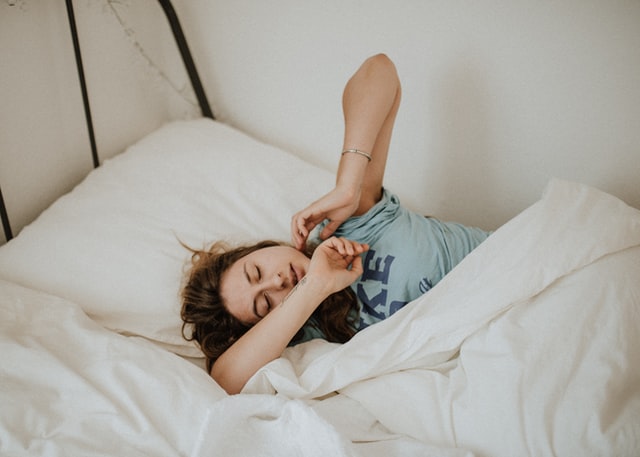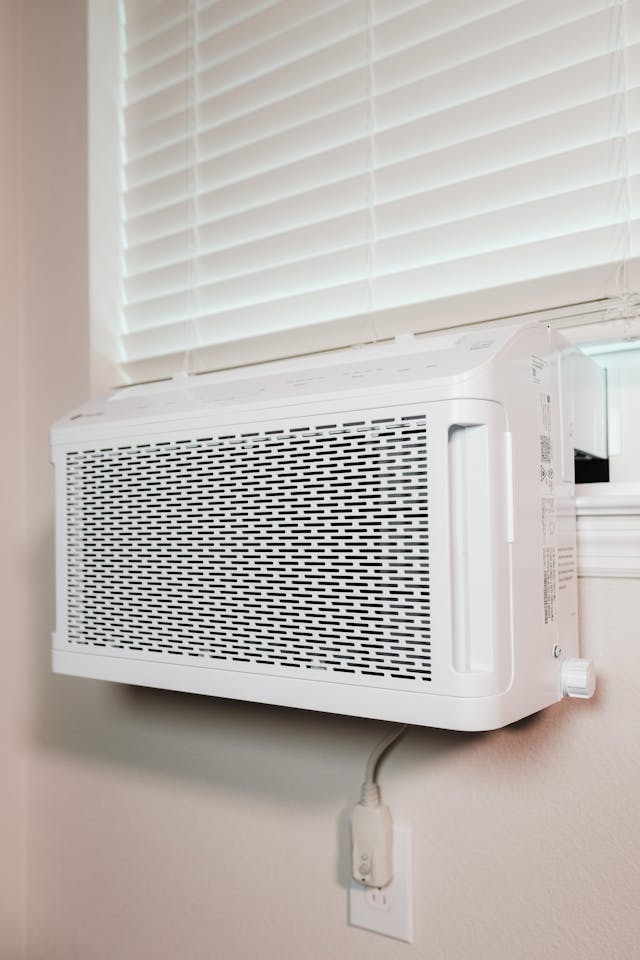Getting a good night of sleep is important for our everyday health. Our body needs sleep to repair itself; if we don’t get enough, it can severely impair our bodily functions. If we’re not careful, a lack of sleep can cause major health problems, eventually leading to conditions like high blood pressure, diabetes, and even heart failure. Chronic sleep deprivation is a huge problem for those that work long hours, and it can also be a problem among people with mental health concerns.
One of the most effective ways to get a good night’s sleep is to create a bedtime routine. In this post, we’ll explain a bedtime routine and how it can help you fall asleep more easily.
What is a bedtime routine, and how does it help?
A bedtime routine is simply a set of actions and activities you perform before bed. You do these actions in the same order and simultaneously to help train your brain to relax. Over time, your bedtime routine will be ingrained in your brain, acting much like a lead-up to falling asleep. Your body and mind will recognize your activities and actions, and they’ll start to slowly unwind and relax so that you’re ready for bed.
A bedtime routine helps you in the following ways:
- You’ll fall asleep at a predictable time every night, meaning you’ll also wake up at the same time every morning. You could potentially do this without ever needing an alarm clock.
- You’ll feel more relaxed before you go to bed and fall asleep almost instantly once you’ve trained your body and mind to recognize your bedtime routine.
- You’ll wake up feeling refreshed so that you’re ready to tackle the morning.
- You’ll avoid deviating from your bedtime routine, which means there are fewer all-nighters, leading to better time management.
Should everyone try to have a bedtime routine?
Most people have some kind of bedtime routine, conscious of it or not. A lot of people also don’t care for a bedtime routine, sleeping at whatever hours they choose to. However, there are also plenty of people that don’t fit standard sleeping definitions.
It’s recommended that we get at least 7 to 9 hours of sleep, equating to roughly 4 to 6 sleep cycles at 90 minutes each. It’s technically possible for someone just to sleep one or two cycles and still feel refreshed and ready to tackle work, but we wouldn’t recommend this, as uninterrupted sleep is the best way for your body to heal and recover after a long day of work. But for some people, this can become a way of life, and it might be their preferred way to fall asleep.
So with that said, a bedtime routine might not be suitable for everyone. Some people think it’s a lot of time they would rather spend just laying in bed scrolling through social media on their phones. If that helps them fall asleep, then it could be that their body is used to relaxing with an activity like that. However, if you find it hard to fall asleep and wake up at the right times, then you should try a bedtime routine. It might be a good way to help build better sleeping habits and encourage your body to get a better night of sleep.
So now that we know some of the benefits of a bedtime routine, what are some ways for us to start building a better one?
Effective bedtime routine activities that everyone should try
Deciding how long your bedtime routine bed should be
A bedtime routine can be anything from 10 minutes of activities to over an hour of rituals if you want. You don’t have to stick with the exact time as your bedtime routine can always be changed, but it’s good to set yourself an initial target to try different things.
We’d suggest starting with a 30-minute routine that only includes things you’ll do before bed. Things like taking a shower or having a bath can also be included in your bedtime routine, so you may want to extend the time you set yourself to account for this too.
Set an alarm that prepares you for bed
While most of us know that setting an alarm is a decent way of getting up in the morning, many people don’t realize that setting an alarm for sleeping is also an effective way to get a good night of sleep. This alarm can help you prepare your bedtime routine and teach you to shut off electronic devices, disconnect from everything, and just focus on your bedtime.
We suggest using your phone’s alarm setting to give yourself an alert one hour before your bedtime routine starts.
Watch what you eat and drink before bed
You should be careful what you eat and drink before bed because it can negatively affect your sleep and weight if you’re not careful. When you go to sleep, your metabolism slows down, which means your body has a harder time breaking down food. This can disrupt your sleeping pattern and cause you to stay up late. However, some foods can help you get to bed faster.
You could try picking supplements such as valerian root vs melatonin, or you could try foods that can increase your melatonin levels, such as yogurt and nuts. This should be something that you eat several hours before you go to bed and not something that is a part of your bedtime routine. However, during your bedtime routine, it can help to consume something light and warm such as a cup of warm milk. We suggest avoiding drinks such as alcohol which can help you fall asleep, but their effects wear off quickly and disrupt your deep sleep.
Try to avoid electronics before bed
The blue light that comes from TVs and smartphones can disrupt your body’s internal clock, and this effect can last a very long time. You should stop looking at any electronic screen 30 to 50 minutes before bed. Suppose you’re following our previous tip of setting an alarm to start your bedtime routine. In that case, you can immediately shut up your computer, television, and other electronics as soon as the alarm sounds.
So while avoiding your smartphone in bed might not give you the best sleep of your life, it can certainly help you fall asleep a lot more easily and stop you from endlessly scrolling on social media or looking up random things.
Try listening to something instead
Many people watch something before bed, such as a film or an episode of their favorite show. The problem with this is that it doesn’t soothe the mind. Instead, it does the opposite and starts to stimulate it, giving you more things to think about which can keep you up. So instead of using electronics to read about things, why not consider listening to something instead?
A good example of something to listen to is ASMR. It’s essentially white noise that doesn’t disrupt your rhythm and can be a huge help when dealing with tinnitus during bedtime. While ASMR isn’t for everyone, white noise is a proven way to help you fall asleep at night.


